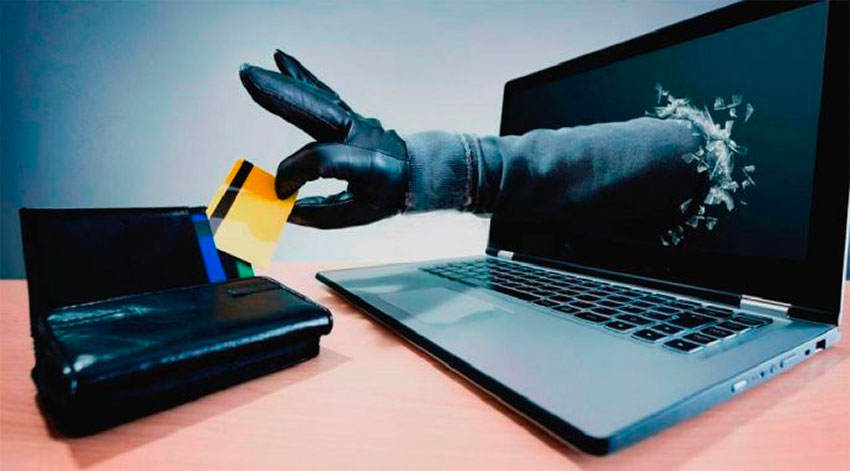In an era where digital fraud is as commonplace as digital dependence, it goes without saying that precautions must be taken to avoid being on the harm’s way. If RBI reports are anything to go by, India has been the target of thousands of digital fraud schemes in the last three financial years.
Worse, the volume of cybercrimes continues to rise as more and more unsuspecting users join the internet revolution without knowing how to safely navigate the digital marketplace. Given, it is the users who have a prime responsibility to take precautions to avoid getting scammed in the cyber world, we bring you several tricks that should be followed for a safe experience of the world wide web.
Avoid providing your debit or credit card details to customer service representatives to complete payment transactions. In order to save time, more and more people readily agree to trust an unknown person at the end of a phone line with their card detail which can lead to cards being misused at times.
Never share your OTP or payment card’s CVV with others. Banks never ask for them in person. While entering these information on a website, always make it a point to cross-check the authenticity of the platform.
Avoid opening emails with links that claim to be from the income tax department asking for your bank account or card details. The income tax department directly credits refunds to the bank account mentioned in your Income Tax return form. Besides, ignore phone calls and avoid clicking on any messages, links, or online forms requesting additional account/card details.
Do not download mobile phone apps recommended by people or websites you don’t know and trust. They can be malicious.
Always use tough passwords. According to the UK’s National Cyber Security Centre, the most hacked password, as well as the most common one around is 123456. Avoid it. Always use upper and lowercase letters, numbers, and special characters to create a tough password.
New technology can often be overwhelming. Get used to them – especially the ones that involve financial transaction.
Use a computer that has a good anti-virus software installed and avoid making payments on public computers that others have access to.
